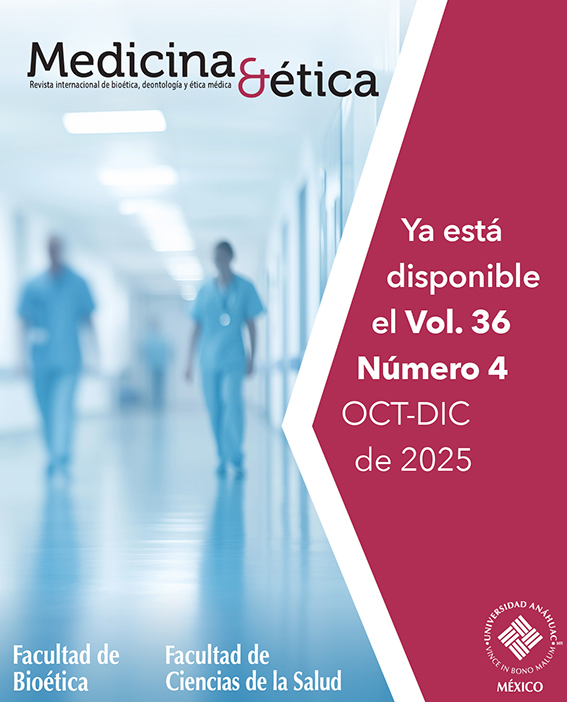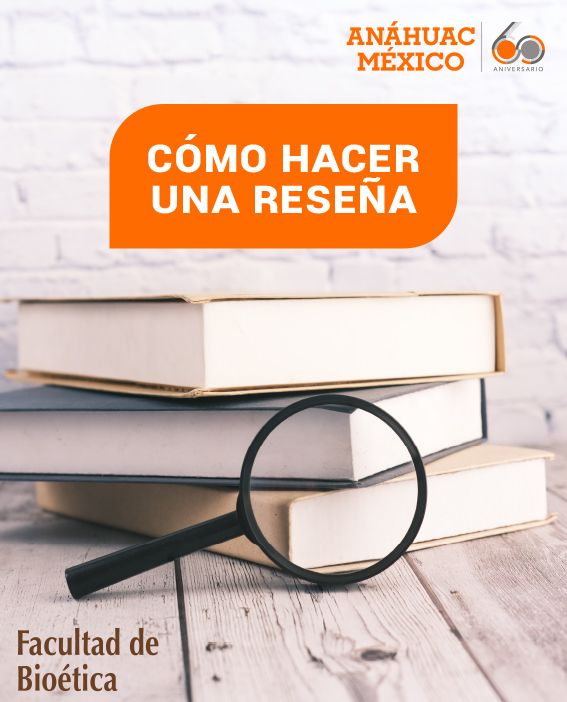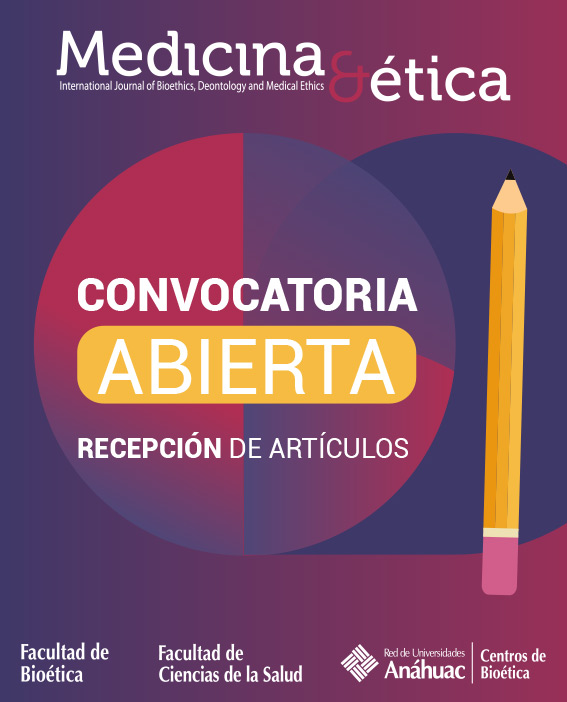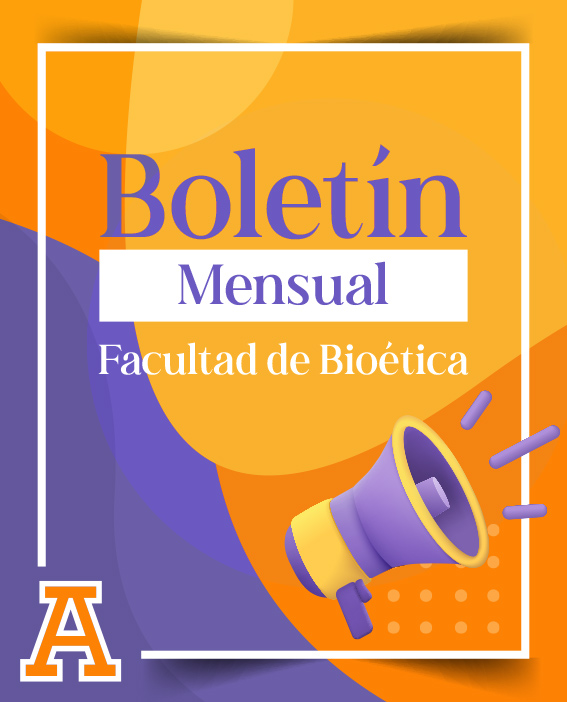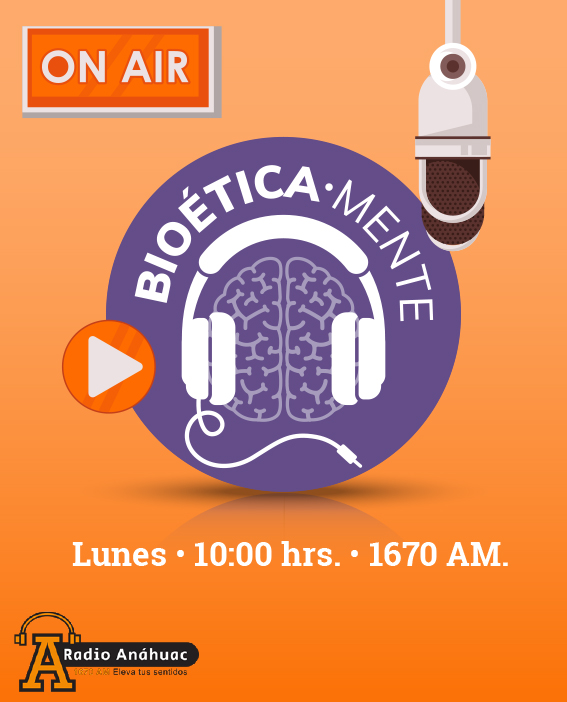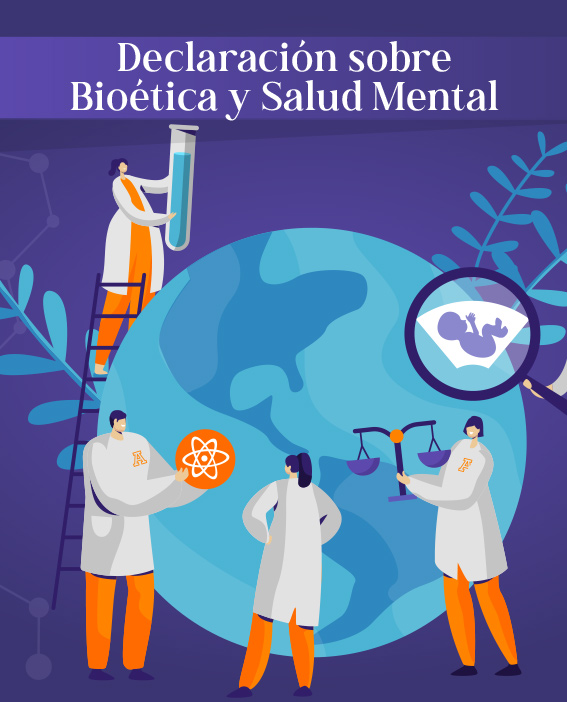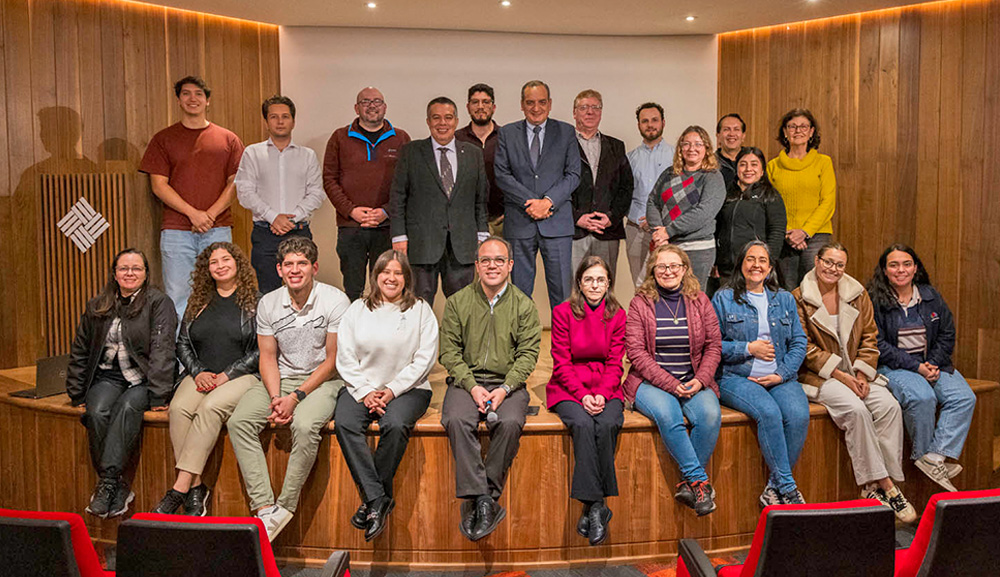
The event brought together experts and students in an interdisciplinary space for reflection on the links between ethics, law and human dignity from the perspective of biolaw and biojurisdiction.
From October 6 to 10, 2025, the School of Bioethics of the Anáhuac University Mexico celebrated the Intensive Seminar Week of the PhD in Applied Bioethics in the Faustino Pardo Auditorium of the North Campus under the theme "Biolaw and Biojurisdiction".
The event was organized by various academics from the School who led a meeting distinguished by its intellectual rigor, its international projection and its commitment to the training of bioethicists capable of responding to the contemporary challenges of science, law and medicine.
Among the keynote speakers were Dr. Fernando Chuecas Saldías, director of the Bioethics Department at San Sebastián University (Chile), and Dr. Rafael Santa María D’Angelo, PhD in Law from the Pontifical Lateran University (Italy) and Master in Bioethics from Regina Apostolorum University (Italy). Both speakers offered an international perspective on the need to integrate ethics with law, emphasizing that bioethics should not be limited to theoretical reflection, but rather translated into normative decisions and public policies oriented toward equity, compassion, and the common good.
Dr. Santa María D’Angelo opened the meeting with the lecture “Natural Law and Bioethics: Foundations for Dialogue,” where he invited participants to reconsider the principles of law as an expression of human dignity. Later, together with Dr. José Alberto Castilla Barajas and Fr. Fernando Fabó Martín, L.C., he participated in a dialogue on “Bioethical and Biolegal Challenges Regarding the Beginning of Human Life,” addressing topics such as assisted reproduction, genetic manipulation, the protection of the embryo, and the role of the State in relation to new biomedical technologies.
Dr. Fernando Chuecas Saldías led sessions on “Palliative Care and the Regulatory Gaps in its Application,” as well as the ethical dilemmas of dysthanasia and euthanasia. Drawing on his clinical and academic experience, he emphasized the duty to care as an imperative of justice and the urgent need to design public policies that guarantee universal access to palliative care, stressing that human suffering requires accompaniment, listening, and ethical presence.
The contributions of Dr. Elvira Llaca García complemented the discussion from an institutional perspective, highlighting the role of Anáhuac University Mexico in promoting a practical and socially engaged bioethics. She also emphasized the importance of training professionals capable of integrating ethical reflection with concrete action, reminding everyone that care and justice are inseparable in the responsible practice of medicine and law.
The program also included a Student Panel in which Pía Bustamante, Amanda Elizabeth García, Jorge Pedreros and Jimena Figueroa presented the progress of their doctoral research, reflecting the thematic diversity and ethical commitment of a new generation of bioethicists.
The day concluded with a synthesis session led by Doctors Chuecas Saldías and Santa María D’Angelo, who integrated the week's learnings and proposed new lines of research, highlighting prudence as a cardinal virtue of the bioethicist, capable of uniting academic reflection and responsible action in the medical, legal and social fields.
Beyond the presentations, this academic event established itself as a space for encounter and personal growth, where ethical reflection was translated into dialogue, listening, and commitment. Participants highlighted the quality of the presentations and the approachability of the experts, which made each session a comprehensive learning experience.
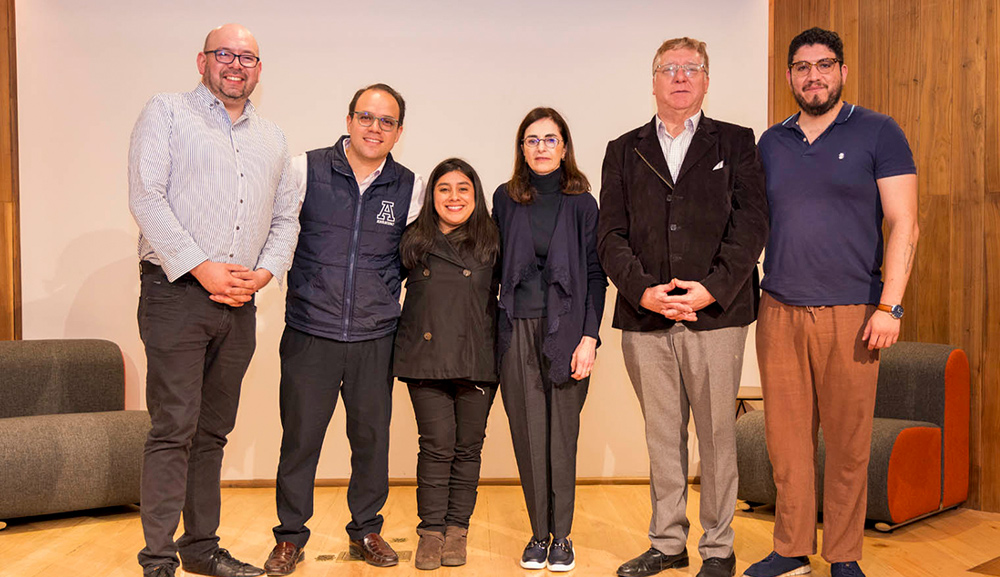
More information:
MPSS Estefanía Álvarez
Facultad de Bioética
bioética@anahuac.mx

